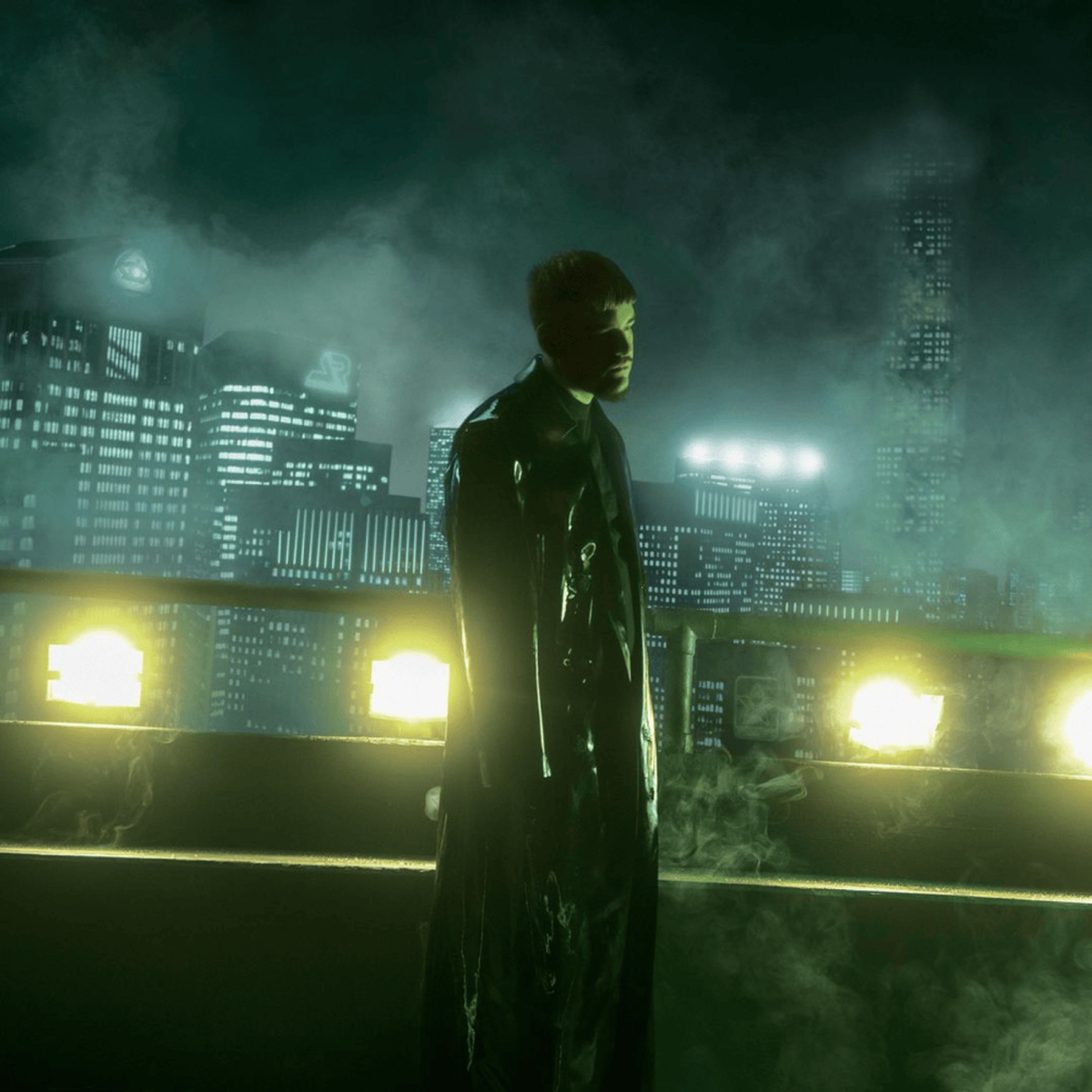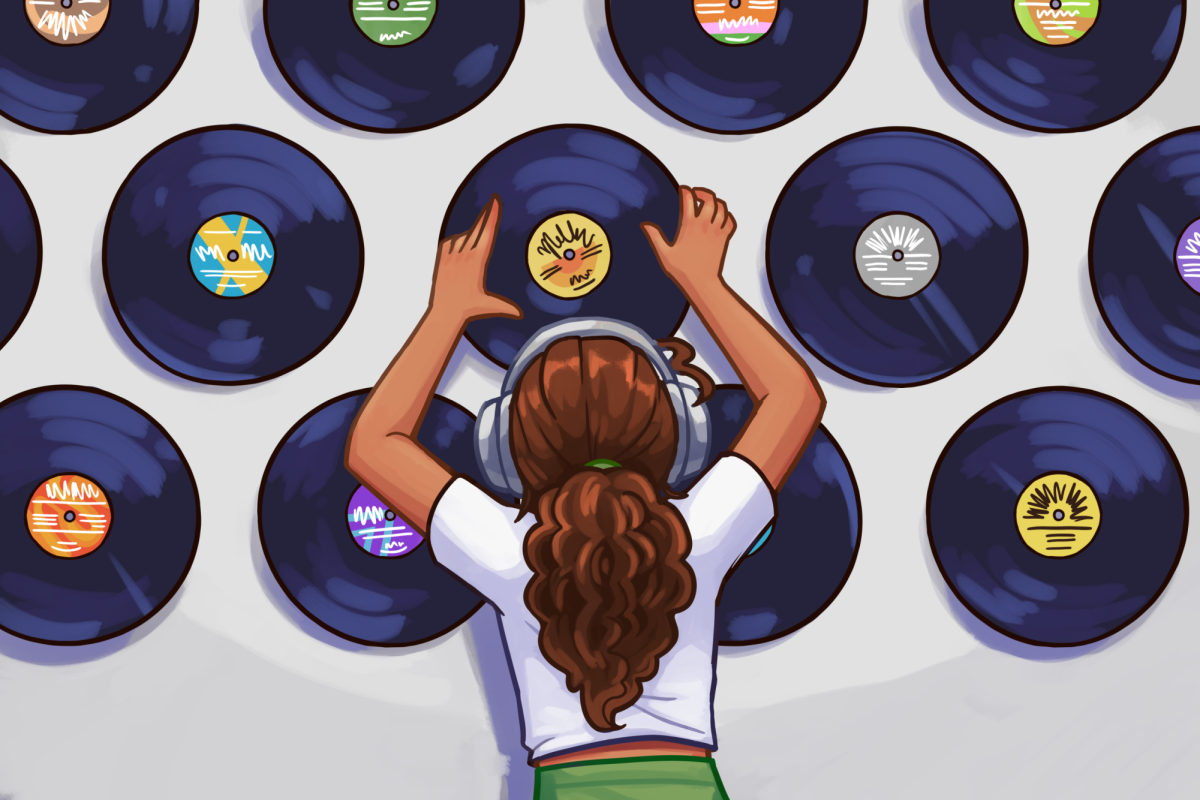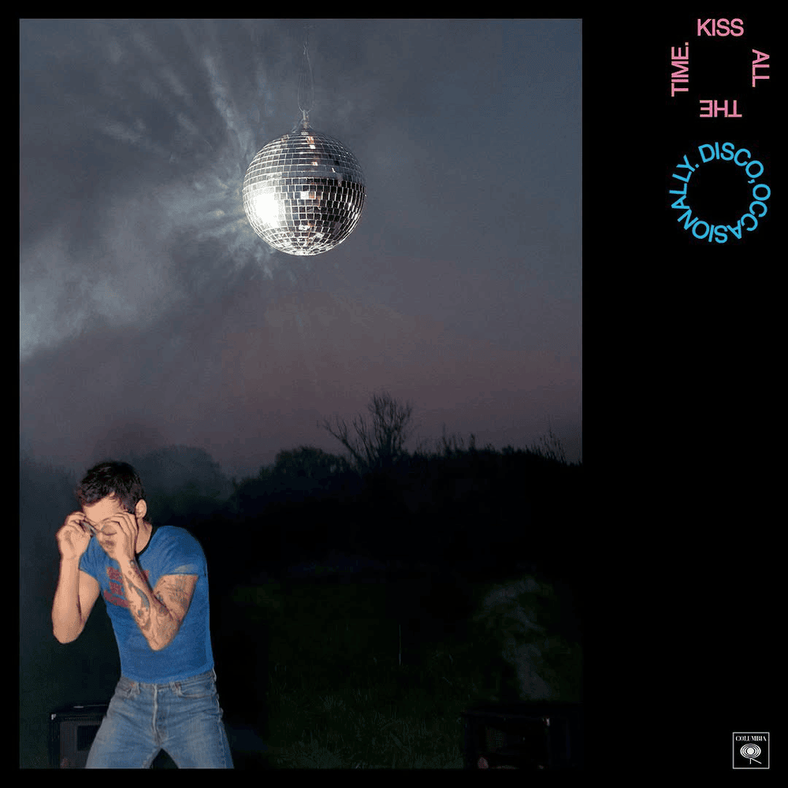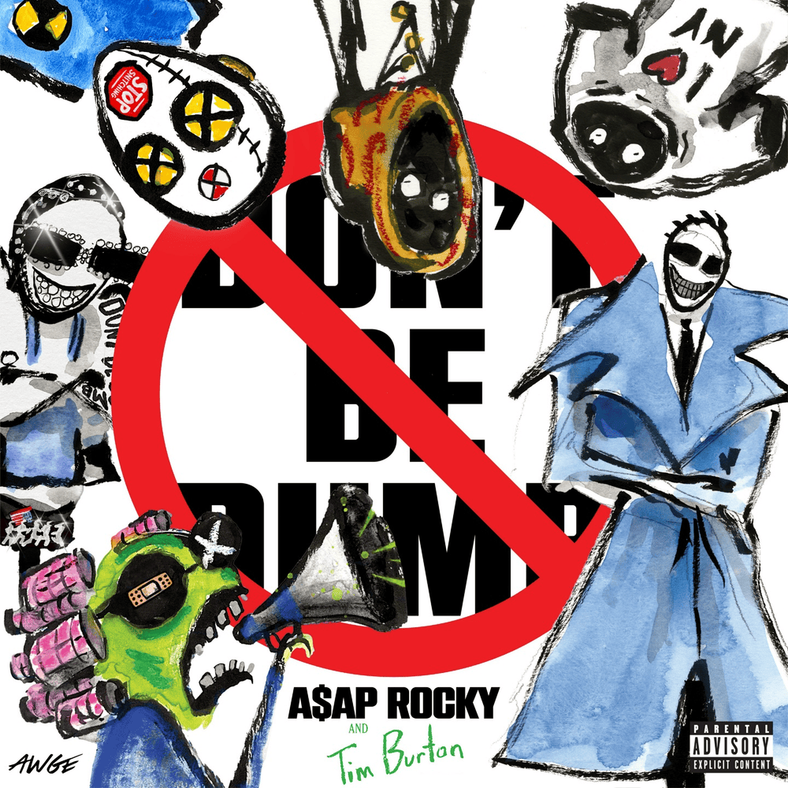Rating: 6.5/10
Albert Einstein is famously quoted as saying, “The person who follows the crowd will usually go no further than the crowd. The person who walks alone is likely to find himself in places no one has ever seen before.”
In 1915, Einstein’s published work explained to the world the relationship between gravity and the fabric of space and time. Today, we can look at one of his most famous quotes to explain the arrival of the phenomenon that was released Friday at midnight ET — Yeat’s “2093.”
American rapper Yeat first went viral back in 2021 for his catchy, substanceless songs over cracked-out beats that are likely unintelligible to most people over the age of 40.
Get The Daily Illini in your inbox!
“2093,” the rapper’s fourth studio album, embraces a more futuristic, gritty sound while Yeat continues to separate himself from his contemporaries.
Coming almost exactly a year after his last album “AftërLyfe,” “2093” is a more focused version of his previous work. On “AftërLyfe,” Yeat sounded like he was trying whatever he wanted to see what would stick. On “2093,” he’s stuck with a dark, dystopian version of what the future may sound like.
Like anything that pushes beyond the bounds of the crowd, this album is not for everyone. Almost every part of the album sounds intentionally artificial, right down to Yeat’s voice. Usually, such production leads to high-energy songs, but in “2093” it more closely resembles an endless downward spiral.
This isn’t to say there’s no energy on the album. Some of the 22 songs push the tempo, like “Breathe,” which is easily a standout for that reason. Others like “More” and “If We Being Real” bring plenty of energy, but not in the upbeat way listeners may be used to.
Overall, the decision to turn away from the upbeat sound is one of the main factors that sets “2093” apart from Yeat’s previous albums, but it doesn’t pair well with the 71-minute runtime.
The album is long — too long to be enjoyed all the way through in one listen. The sound does an incredible job taking you to the world Yeat envisions in the album, but after an hour, it starts to feel like being held hostage there.
The album only has two features — Lil Wayne and Future. At 22 tracks, one would expect there to be more, but a listen to the album explains why there isn’t: “2093” is not a compatible environment for other artists.
Because Yeat is very much carving out his own sound on the album, it leaves little room for others to be comfortable. Even between the two existing features, it sounds like neither Lil Wayne nor Future can truly fit into Yeat’s world.
This isn’t something to hold against the rapper — if anything, the lack of features proves Yeat is coming into his sound, which cannot easily be done by others.
Though not everything about the album is perfect, it’s hard not to appreciate what Yeat is doing. “2093” is a clear step forward in a more focused artistic direction that shows dimension and growth and points towards a promising future.










